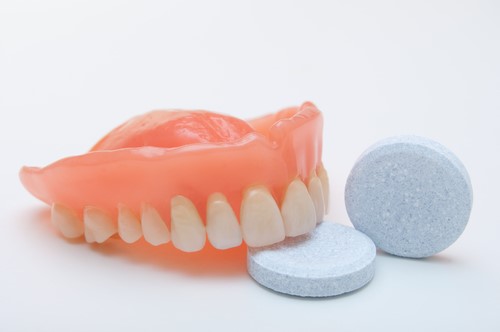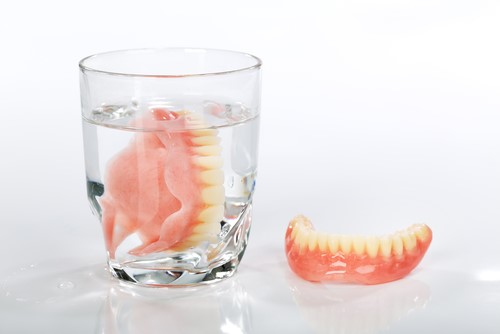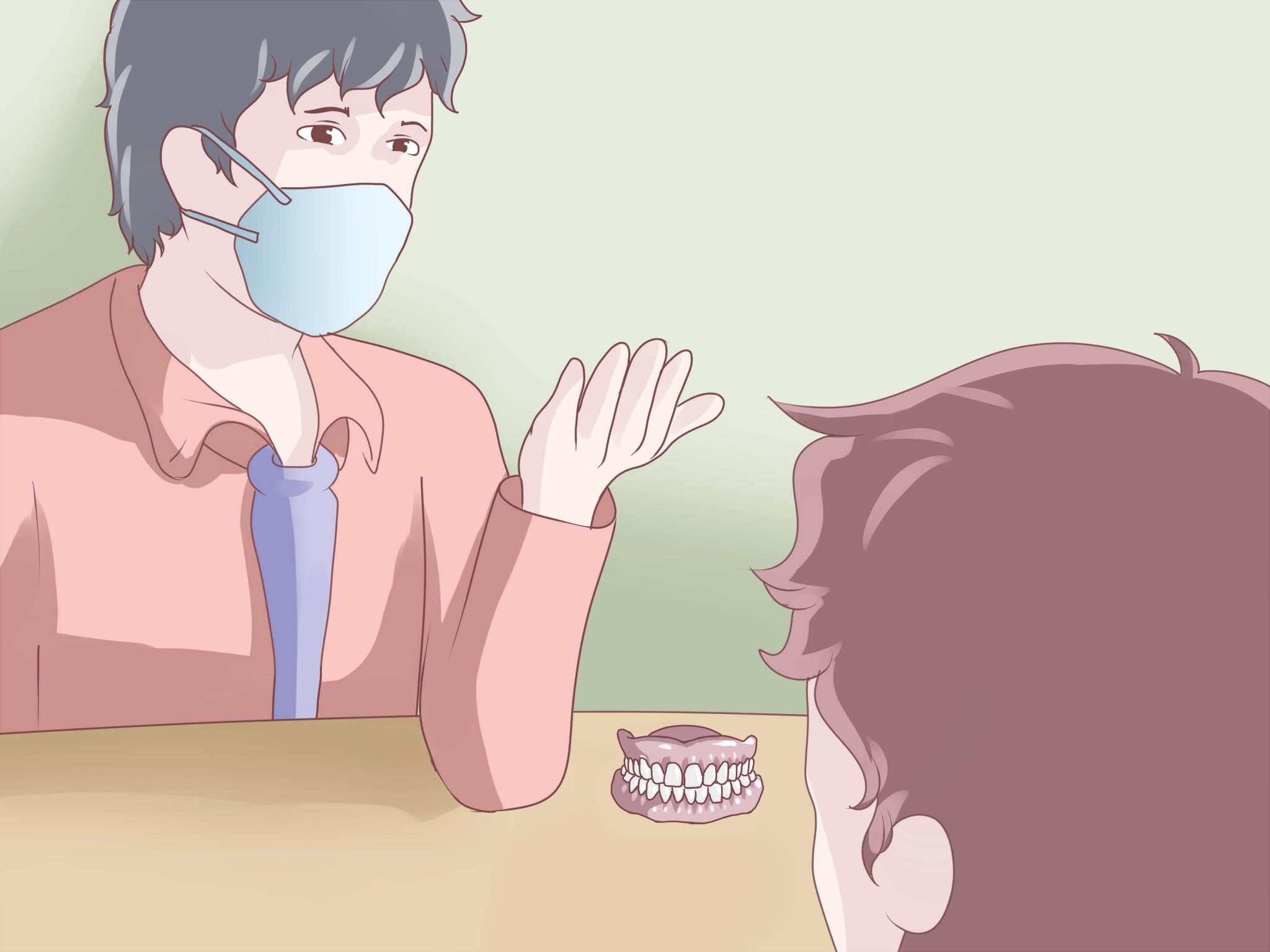The daily hygiene of dental prostheses (dentures) is essential, because it avoids the appearance of certain diseases which are caused by all the pathogenic bacteria present in the oral flora and which find a ground dreamed to lodge there and to reproduce. Because we never forget that whatever the dental prosthesis, it is made of dental resin which has at the microscopic level some porosity favorable to the retention of these microorganisms. Even metal-based prostheses retain a microbial flora that is at the origin of this famous dental plaque that will eventually turn into tartar.
Disinfect the dentier
Disinfection is an important step because it aims to:
- to eliminate bacteria
- to prevent infection of the mucous membranes.
- to eliminate the bad breath caused by the development and the proliferation of the bacteria and microbes present in the mouth and hung on the denture.

FREQUENCY OF CLEANING OF THE DENTIERS
Ideally, you should clean your denture after each meal, at least by careful brushing. Reserve disinfection in the evening before bedtime. Removing your denture in the evening will allow the gum to recover from the constant pressure your denture exerts on your teeth.
METHODS FOR CLEANING A DENTIER
Clean your dental appliance with white vinegar
Rinse your denture with cold water and place it in a bowl that you fill with vinegar until you drown your denture. Leave for 2 to 5 minutes, no more as the vinegar can damage the acrylic resin of the braces. Remove the dental appliance and gently rub it with a special toothbrush, not the same as you use with natural teeth. This brush is intended to clean the inside and outside of the dentures, with two qualities of strands according to the use of the brush. Be sure to scrub all corners and gaps, as well as the underside of the unit. Rinse the appliance again with lukewarm or cold water. Now your denture needs to be clean and ready to use. Do not forget to brush your natural teeth if you have any left.

Use a commercial denture cleaner
Rinse your braces to remove the most visible deposits. Do not use this method every day as it can damage your denture. Repeated use of denture cleaners can cause yellowing or deformation of the dental resin. Follow the manufacturer’s instructions and then once the soaking is complete, brush it with a special denture brush and rinse it. It is back in working order.
Clean your dental appliance with baking soda
Prepare a dough with baking soda and distilled water. Mix equal parts of the baking soda and distilled water to form a paste. The dough should have the consistency of a very light toothpaste. Apply the paste to the braces with a toothbrush, then scrub thoroughly. Clean your dental appliance with this paste, as you would have done with ordinary toothpaste. Baking soda is a very effective natural cleanser. Specifically, baking soda naturally increases the pH of the mouth, thus making it more basic; Bacteria that invade a dental appliance tend to prefer an acidic environment, which makes baking soda a highly effective cleaning product from the point of view of infection. Denture cleaners can be purchased at most pharmacies, supermarkets or online; these products may be in liquid form or in the form of cream, powder or tablets. You can use them to clean dentures.


